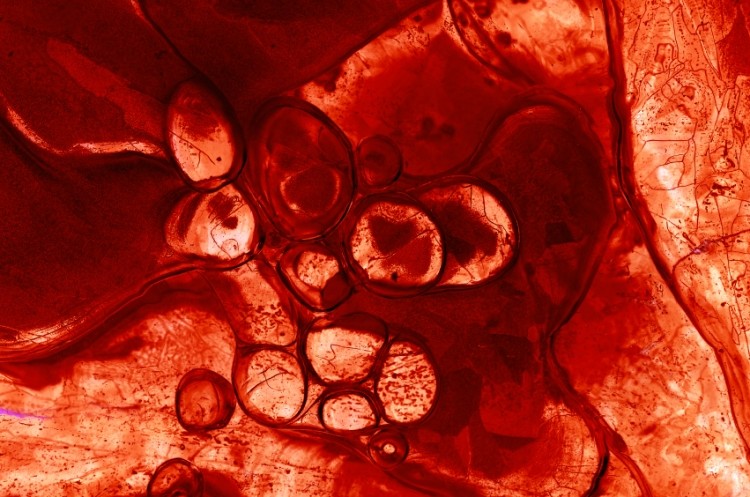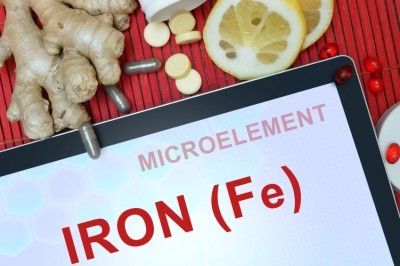Iron supplementation may influence degree of bacterial infection

The Austrian study found iron overload via genetic and dietary means, determined how the Salmonella bacterium infected its host.
“Inconsiderate supplementation of iron to treat anaemia, without proper interpretation of lab work including iron indices, may impair the host's ability to fight off bacteria such as Salmonella,” said Dr Manfred Nairz, lead author and researcher based at the Innsbruck Medical University in Austria.
“Physicians should be attuned to this trade-off when treating anaemia or other forms of iron deficit.”
Dr Nairz’s team began by infecting two groups of mice with Salmonella. One group had normal iron levels while the other had excessive levels.
Both groups then received additional iron to replicate dietary iron overload.
The normal mice, which experienced raised dietary-based iron levels, became susceptible to Salmonella spread.
In comparison, mice that were genetically susceptible to excess iron levels managed to successfully fight off Salmonella spread.
Macrophages matter
The study hypothesized that iron shortages in the cells that Salmonella invades and grows within act to stop its spread. Mice that are genetically susceptible to high iron levels have this metal distributed elsewhere throughout the mice's body.
With dietary iron overload, much of the iron winds up in the body's macrophages, feeding the bacteria and promoting its spread.
“Our data show that a dynamic adaptation of iron metabolism in both immune cells and microbes shapes the host-pathogen interaction in the setting of systemic Salmonella infection,” the study concluded.
“Moreover, iron overload and dietary iron excess result in different outcomes in infection, indicating that tissue and cellular iron distribution determines the susceptibility to infection with specific pathogens.”
Source: Frontiers in Cellular and Infection Microbiology
Published online ahead of print: doi.org/10.3389/fcimb.2017.00110
“Genetic and Dietary Iron Overload Differentially Affect the Course of Salmonella Typhimurium Infection.”
Authors: Manfred Nairz et al.








